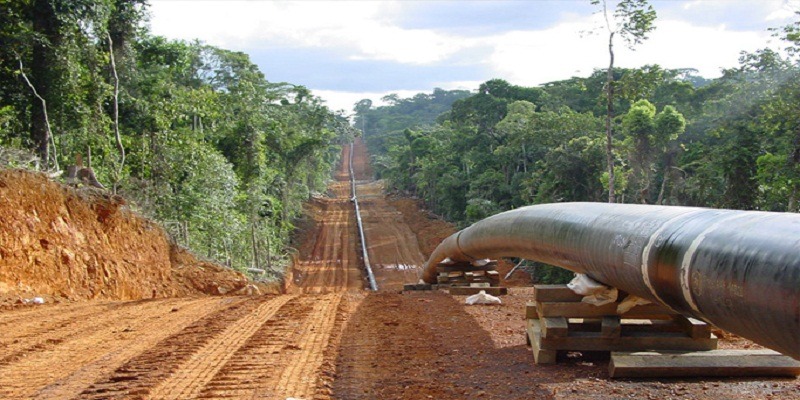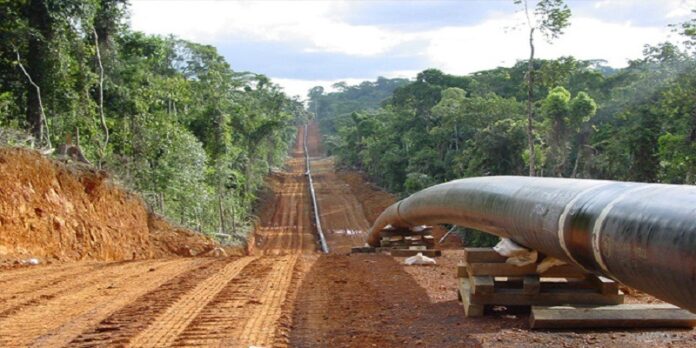The EACOP, a 1,443 km heated pipeline designed to transport crude oil from Hoima, Uganda, to Tanga, Tanzania, has faced mounting opposition from local communities and international activists. Protesters argue that the project disrupts their lives and ecosystems without adequately addressing their concerns. Innocent Tumwebaze, one of the protesters, highlighted issues surrounding compensation: “While the government acquired land for the pipeline, many people were not fairly compensated. They must resolve this before proceeding.”
Another protester, Sarah Natukunda, criticized the compensation process as inadequate, stating that while the project promises economic benefits such as job creation, the long-term costs to communities and the environment far outweigh these gains. The demonstrators raised alarms over the pipeline’s adverse effects on biodiversity and natural resources, with Racheal Tugume from Kijumba Village lamenting the destruction of swamps and wetlands.

The protesters also voiced concerns about harassment faced by grassroots environmental defenders and called for greater accountability from authorities. They urged for a halt to extractive activities in sensitive areas, emphasizing the need to protect national parks and biodiversity.
In response to these protests, Stella Amony, Corporate Affairs Manager for EACOP, stated that 95% of the 3,660 affected individuals had been fully compensated and assured that the project is being executed with environmental sustainability in mind. However, PAPs dismissed these assurances and demanded immediate action to address unresolved grievances.
As protests continue to gain momentum, communities along the pipeline route remain steadfast in their challenge against what they perceive as socio-economic injustices and environmental degradation caused by the EACOP project.



























